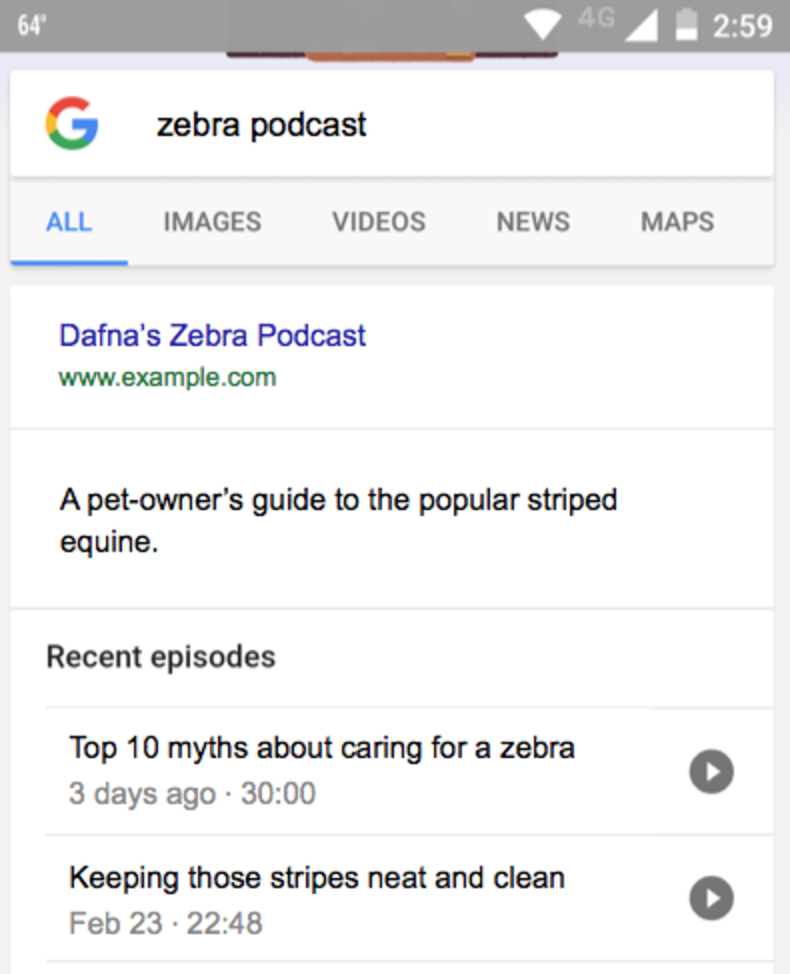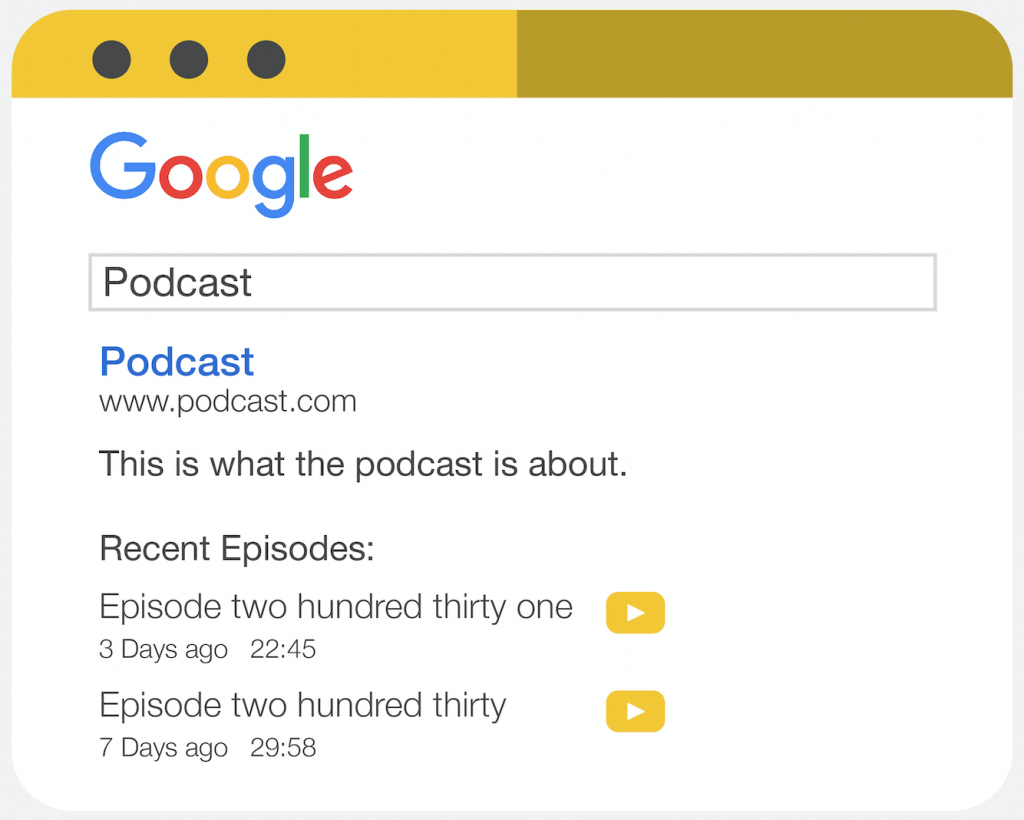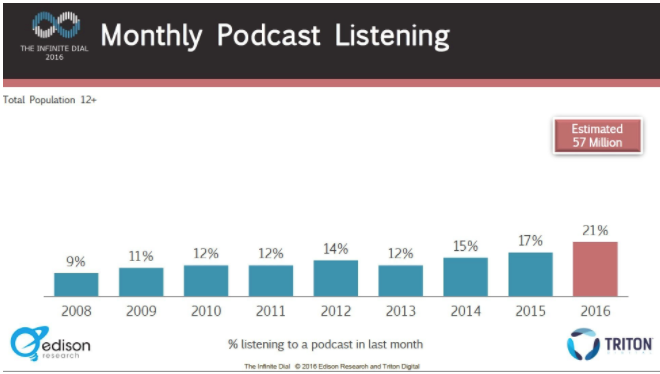On its Developers blog, Google stealthily launched some new guidelines for structured data to bring rich results for podcasts to search results.
To date, this is only available via Google Home or the Google Search app v6.5 or higher on Android devices, but support for Chrome on Android is coming soon.
This was first noted over on Search Engine Roundtable, and Google provided an image to show how this will look in practice:

Podcasts can be indexed and embedded in results, which could be a particularly useful functionality for Google Home and smartphones.
The example above shows just how much SERP real estate can be occupied when this is implemented correctly. An embedded podcast player within the search results also means users won't even need to click through to a landing page to listen to an episode.
How can I get my podcasts indexed?The first stage to achieving this is to get podcasts indexed, and Google has provided very clear and thorough guidelines on how to do this:
Structured data implementation can lead to increased SERP presence and click-through rate, but it also provides search engines with valuable guidance when they crawl your content.
The full list of required tags required within a podcast's RSS feed is provided in Google's post and it includes the following:

Tags must be added at both a podcast- and episode-level within the RSS feed in order to show up via rich results. This is an essential consideration and is one that will need a bit of extra time from developers on an ongoing basis.
We can surmise from these elements and the zebra podcast example provided by Google that the typical structure of a podcast listing will therefore look as follows:

These are very early days for this feature, but I have conducted a number of searches via the Google Search app in the US for a range of podcasts and have yet to see this live.
However, Google has been quite surreptitious about this recent release, and it will take some time for brands to implement the requisite changes too.
Nonetheless, support for Chrome on Android is coming soon and presumably, other Google software and hardware will follow suit. That will provide quite a wide audience and any brand that releases podcasts will want to avail of this new opportunity to attract visits.

Combined with its developments in voice search, mobile, and personalization, it makes strategic sense for Google to add podcasts to its rich results-enabled assets.
Data from Edison Research show the significant year-on-year growth for this medium in the US, with further increases expected in 2017:

As such, it is worth paying attention to this now for any brand that produces podcasts – especially those that exist in a competitive niche.
It may take some time to implement the technical changes and see them go live but, as with all such industry updates, the early adopters will reap the greatest rewards.
Article graphics by Chelsea Herbert
Clark Boyd is VP Strategy at Croud, a global digital performance agency, and a contributor to Search Engine Watch.
Want to stay on top of the latest search trends? Get top insights and news from our search experts.
Related readingOver the past 20 years, Google has revolutionized how we source information, how we buy products, and how advertisers sell those products to us. And yet, one fact remains stubbornly true: the shop-front for brands on Google is still the Search Engine Results Page (SERP).
Welcome to our weekly round-up of all the latest news and research from the world of search marketing and beyond. This week, the ... read more
Advertising has always been about emotions. Emotions lead to actions and, as such, influencing emotions is the most effective route to influencing actions.
Google announced yesterday the launch of "shortcuts in search", which will allow Android users in the US to access quick answers on a range of topics with the touch of a button.
Source: Google adds rich results for podcasts to SERPs
No comments:
Post a Comment